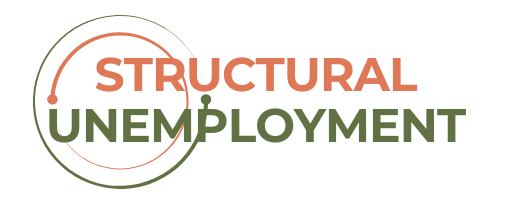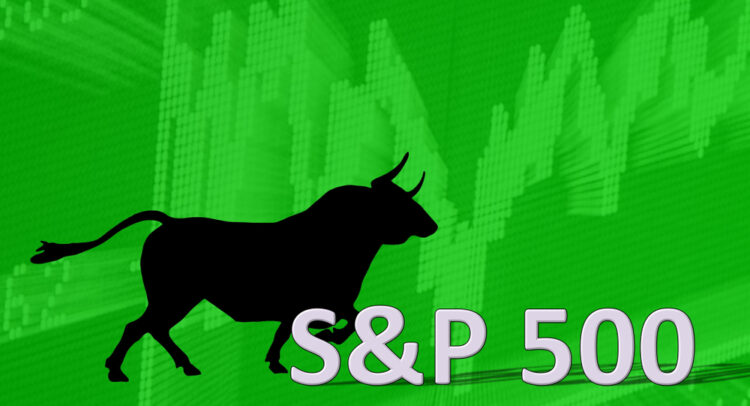2025 is just getting started, but with 2024 ending with some market weakness and higher-than-expected interest rates, there are some interesting opportunities. Investors don’t necessarily need to buy individual stocks to take advantage. There are some great ETFs that look like excellent long-term investments to buy right now, and here are three I’m buying for my own portfolio in January.
The small-cap valuation gap has widened
At the start of 2024, small-cap stocks were trading at their lowest price-to-book (P/B) valuation compared to large caps in 25 years. And thanks to a strong year for the S&P 500 index (particularly megacap tech), the gap has widened. In fact, the average S&P 500 component trades for a P/B multiple of 5, while the average Russell 2000 (INDEXRUSSELL:RUT) small cap stock has a price-to-book ratio of just 2.1.
There are several reasons small caps could narrow the gap in 2025 and beyond. Falling interest rates disproportionately benefit small caps, which tend to be more debt-reliant. As another example, the incoming Trump administration favors deregulation, which can make it easier for small caps to grow. In my portfolio, I’m buying the low-cost Vanguard Russell 2000 ETF (VTWO 1.54%) to take advantage of the opportunity.
Real estate could be a big winner
I recently wrote an article of bold predictions for the stock market in 2025, and one of them is that real estate will be the best-performing S&P sector. And the big reason is that I believe the Federal Reserve’s rate cuts will proceed a little faster than most experts seem to think.
Falling interest rates benefit real estate investment trusts (REITs) for a few reasons. For one thing, lower rates mean lower borrowing costs for REITs, which means a better atmosphere for growth. Also, without turning this into an economics lesson, yield-focused instruments (like REITs) tend to have higher yields when rates rise and lower yields when rates fall. Since price and yield have an inverse relationship, falling rates mean higher REIT prices. I already own the Vanguard Real Estate ETF (VNQ 1.31%), but I plan to add to it in 2025.
Dividend stocks have underperformed
If you think that all stocks are expensive right now, you aren’t paying enough attention to dividend stocks. The Vanguard High Dividend Yield ETF (VYM 0.69%) has underperformed the S&P 500 by nearly 10 percentage points over the past year and could be a great opportunity while interest rates are still elevated.
VYM Total Return Price data by YCharts
This ETF has a rock-bottom 0.06% expense ratio and tracks a weighted index of large-cap stocks that are expected to maintain above-average dividend yields. Top holdings include Broadcom (AVGO 0.25%), JPMorgan Chase (JPM 1.37%), and ExxonMobil (XOM 0.51%), but no stock makes up more than 4% of the fund’s assets.
A common theme
You’ve probably noticed that my investments in all three of these ETFs are somewhat based on the idea that interest rates are going to fall faster than expected in 2025. While I think that this would definitely be a positive catalyst, the reasons why I’m buying these go beyond what I think will happen in 2025.
In a nutshell, I’m buying all three of these Vanguard ETFs as long-term investments, and think they’ll produce solid results over time regardless of what happens this year. Its Russell 2000 ETF has generated 10.3% annualized total returns since its 2010 inception, the real estate ETF has 7.5% long-term returns despite a weak environment over the past five years, and the high-dividend ETF has produced 9.8% returns over the past decade. Now seems like a good entry point into all three, but I’m planning to keep them for the long haul.
JPMorgan Chase is an advertising partner of Motley Fool Money. Matt Frankel has positions in Vanguard Real Estate ETF and Vanguard Russell 2000 ETF. The Motley Fool has positions in and recommends JPMorgan Chase, Vanguard Real Estate ETF, and Vanguard Whitehall Funds-Vanguard High Dividend Yield ETF. The Motley Fool recommends Broadcom. The Motley Fool has a disclosure policy.




